Arizona's #1 Fastest Growing Pool Company


Arizona's #1 Trusted
Pool professionals
SERVING THE GREATER PHOENIX AREAS WITH QUALITY & ACCOUNTABILITY
Quality Focused
ROC Licensed
Financing Available
Locally Owned
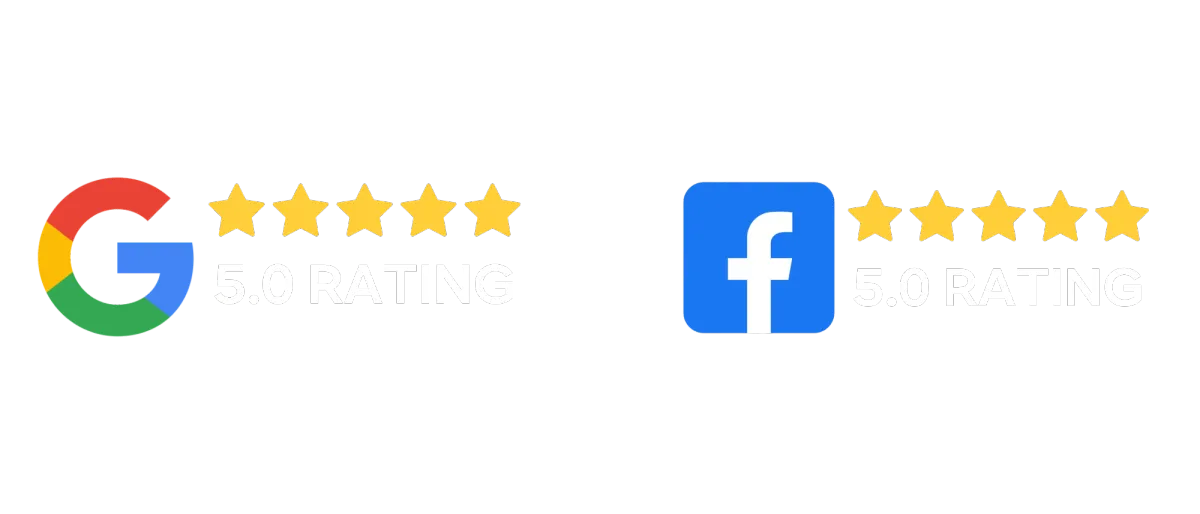
Arizona's #1 Trusted
Pool professionals
WHERE EXCELLENCE IN POOLS MEETS UNPARALLELED SERVICE
Trustworthy
Locally Owned
Quality Focused
Financing Available
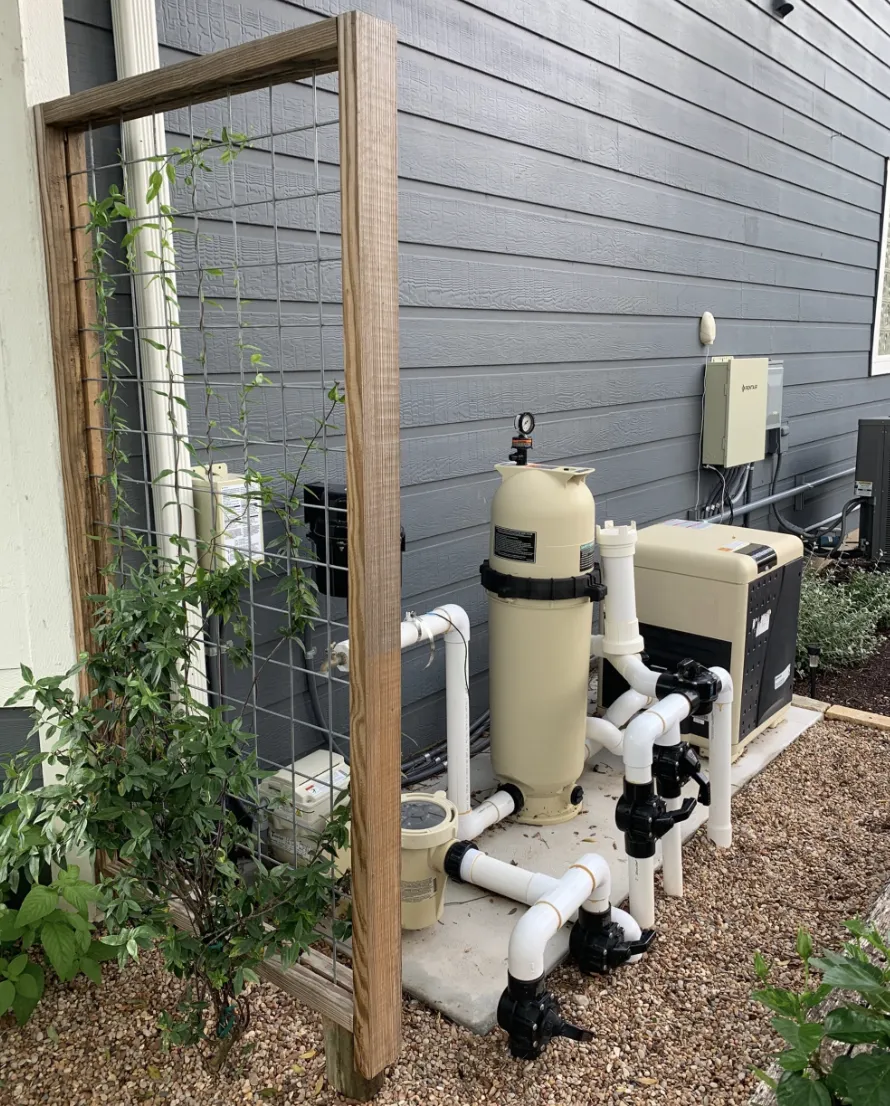
TRITON POOLS: YOUR TRUSTED POOL SERVICE PROVIDER IN PHOENIX AZ
We are dedicated partners in ensuring unmatched leisure and relaxation. Committed to leaving our clients with a hassle-free and delightful experience, we combine expertise and reliability in every project we undertake. As a fully insured company, and proudly family-owned, we approach each pool installation and maintenance job with a profound sense of duty, reflecting our dedication to surpassing customer expectations. Your enjoyment and contentment are paramount to us, motivating us to consistently provide outstanding service with unparalleled integrity.
SAME DAY BOOKINGS
BEST WARRANTIES
FINANCING AVAILABLE
BEST PRODUCTS
5.0 STAR RATED

EXPERT POOL SERVICES IN PHOENIX, AZ
#1 Top Rated In Pool Services In Phoenix Arizona
OUR SERVICES
Pool Cleanings
Pool Repairs
Residential & Commercial
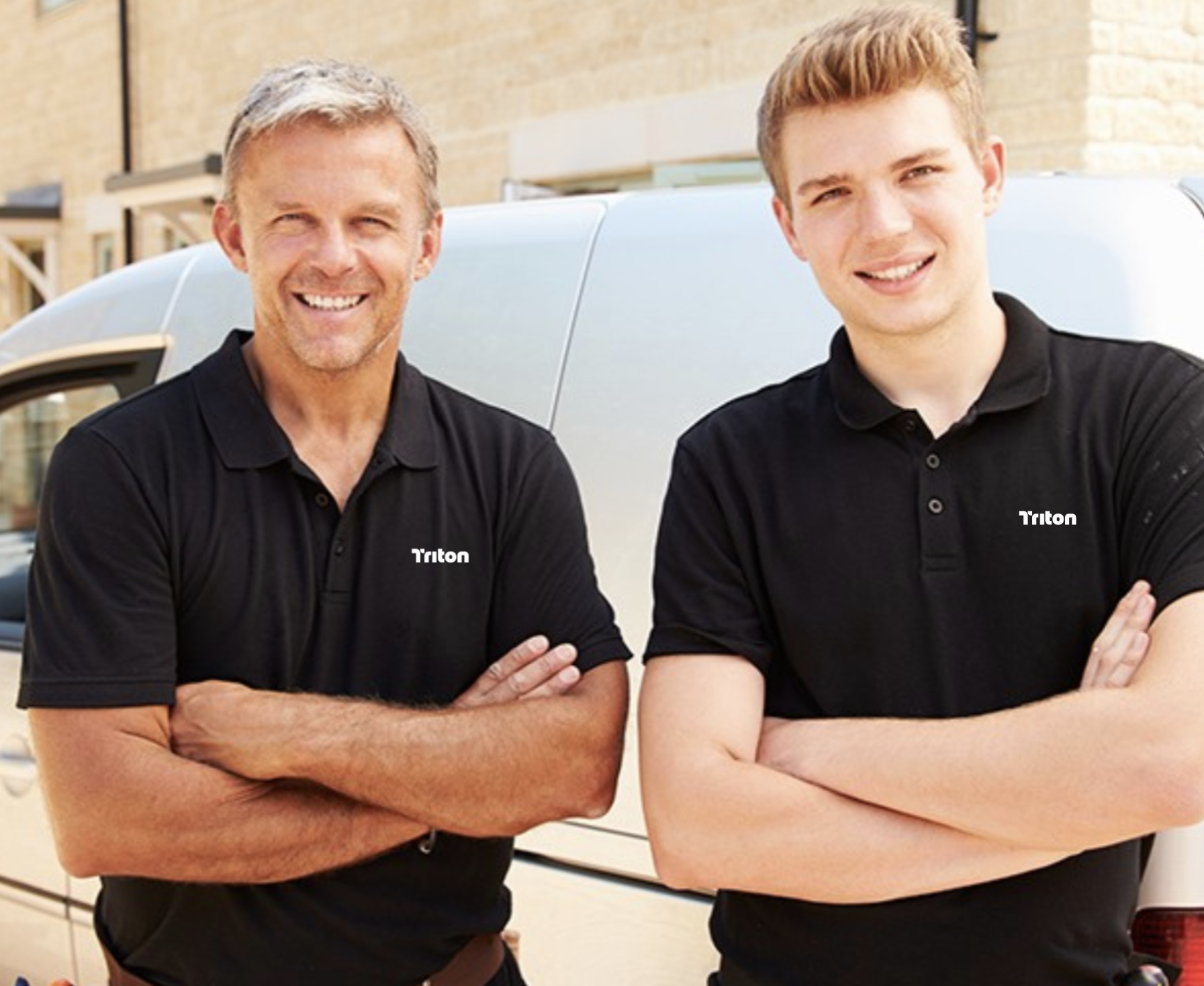
BEST REVIEWS IN THE GAME
ENJOY YOUR POOL YEAR ROUND
We answer the phones 24/7
Best warranties in the business
Certified & trained techs
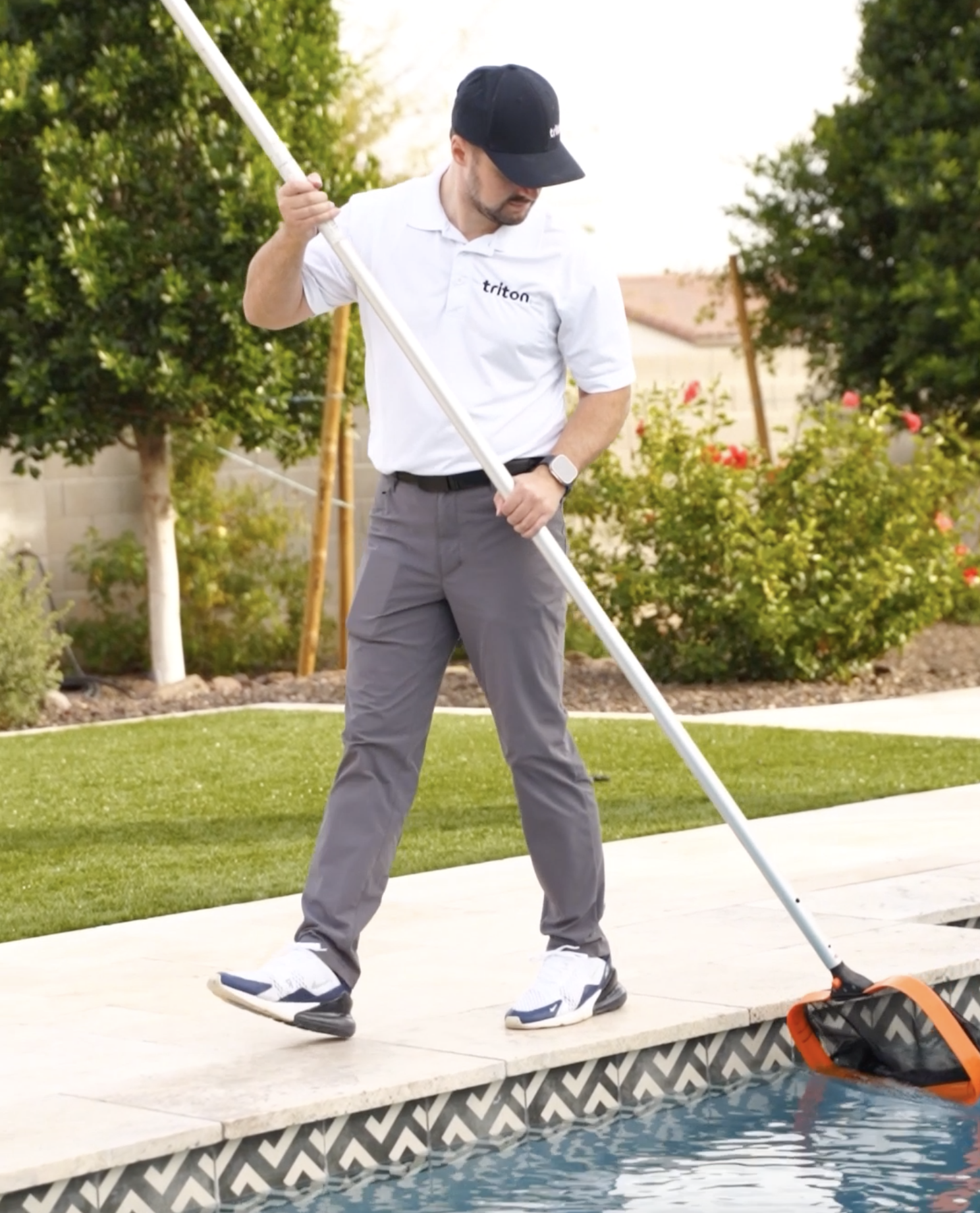
THE TRITON
PRO MEMBERSHIP
ASK YOUR TECH ABOUT BECOMING A MEMBER
Perks include:
Priority Booking
10% Off All Repairs
24/7 Text Support
FREE Diagnostics
Annual Leak Protection
*Annual leak protection covers any leaks above ground related to your pool seals, meaning we'll come out same day or next day to fix the leak completely for FREE
wHERE WE SERVICE
SERVING PHOENIX METRO ARIZONA
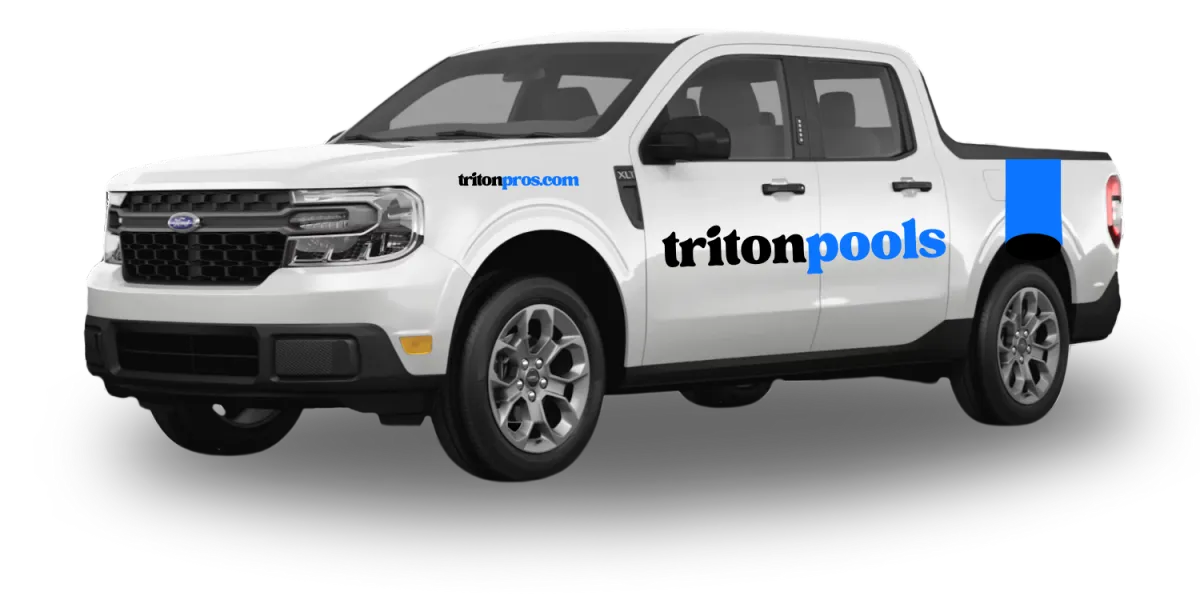
Chandler
Gilbert
Scottsdale
Apache Junction
Mesa
Queen Creek
San Tan Valley
Cave Creek
Litchfield
Laveen
Phoenix
Surprise
Peoria
Glendale
Sun City
Yorktown
Avondale
Goodyear
Buckeye
Waddell
El Mirage

Pool Heater Services: Gas Heaters vs. Heat Pumps – Which is Right for You?
As the cooler months approach, many pool owners start considering heating options to extend their swimming season. Choosing the right pool heater can make a significant difference in both performance and cost. The two most popular options are gas heaters and heat pumps. In this guide, we’ll break down the differences between these two types of heaters, highlight some of the top brands, and discuss average costs for both gas and electric heaters.
Gas Pool Heaters: Fast and Powerful Heating
Gas heaters use propane or natural gas to heat the water. They are well known for their rapid heating capabilities, making them ideal for people who don't want to run their heater continuously or who live in cooler climates.
How Do Gas Pool Heaters Work?
Gas heaters burn propane or natural gas to create heat, which is then transferred to the water passing through the heater’s heat exchanger. This system is extremely effective at raising the water temperature quickly, even in cold weather.
Pros of Gas Pool Heaters:
Quick heating: Gas heaters can raise your pool’s temperature by several degrees in just a few hours.
Cold weather efficiency: They work well even when outside temperatures are low, unlike heat pumps which lose efficiency in cold weather.
Great for sporadic use: Ideal for pool owners who don't need to heat their pool daily but want quick heating when needed.
Cons of Gas Pool Heaters:
Higher operating costs: Gas heaters can be more expensive to run due to the cost of fuel (natural gas or propane).
Less energy-efficient: They consume more energy compared to heat pumps.
Shorter lifespan: On average, gas heaters last around 5 to 10 years, depending on usage and maintenance.
Heat Pumps: Energy Efficiency Over Time
Heat pumps are electric heaters that work by extracting heat from the surrounding air and transferring it to the pool water. These systems are more energy-efficient but typically take longer to heat the pool compared to gas heaters.
How Do Heat Pumps Work?
A heat pump pulls in ambient air, compresses it, and uses that heat to warm up your pool. Unlike gas heaters, which generate heat through combustion, heat pumps rely on external temperatures to function efficiently. This means they work best in regions where the air temperature is relatively warm, typically above 50°F.
Pros of Heat Pumps:
Energy-efficient: Heat pumps are significantly more energy-efficient than gas heaters, costing less to operate over time.
Lower long-term costs: While they have a higher upfront cost, they save money on energy bills in the long run.
Environmentally friendly: Since they don’t rely on fossil fuels, heat pumps have a lower environmental impact.
Cons of Heat Pumps:
Slower heating: Heat pumps take longer to heat your pool compared to gas heaters. It could take a full day or more to achieve the desired temperature.
Less effective in cold weather: They lose efficiency in colder temperatures and may not be practical in areas where the temperature frequently drops below 50°F.
Higher upfront cost: Heat pumps tend to be more expensive initially compared to gas heaters.
Key Differences Between Gas Heaters and Heat Pumps
FeatureGas HeatersHeat PumpsHeating SpeedFast (hours)Slower (days)Operating CostHigher (fuel costs)Lower (electricity)Initial Cost$1,500 – $3,500$2,500 – $6,000Climate SuitabilityWorks in any climateBest in warm climates (50°F and above)EfficiencyLess energy-efficientHighly energy-efficientLifespan5 – 10 years10 – 20 years
Top Brands for Pool Heaters
When choosing a pool heater, it's important to select a reputable brand known for quality and reliability. Here are some top brands for both gas and electric pool heaters:
Hayward: Known for its reliable performance and long-lasting heaters, Hayward offers both gas heaters and heat pumps. The Hayward H-Series is a popular choice for gas heaters, while their HeatPro models are well-regarded in the heat pump category.
Pentair: Pentair offers a wide range of pool heating solutions, including the MasterTemp series for gas heaters and the UltraTemp for heat pumps. Both are known for their energy efficiency and durability.
Raypak: Raypak is a trusted name in pool heating, with a variety of gas heaters designed for quick heating and high efficiency. Their Digital Gas Pool Heaters are popular among pool owners seeking fast, reliable heating.
Jandy: Jandy’s JXi gas heater and Heat Pump series are well-known for their compact design and energy efficiency, making them an excellent option for space-conscious pool owners.
Cost Breakdown: Gas Heaters vs. Heat Pumps
When considering a new pool heater, understanding the cost differences between gas and electric models is crucial for budgeting.
Cost of Gas Heaters:
Unit cost: $1,500 to $3,500, depending on size and brand.
Installation cost: $500 to $1,500, depending on the complexity of the installation and whether you need gas lines installed or updated.
Annual operating cost: $300 to $1,200, depending on the size of your pool, usage, and fuel costs.
Cost of Heat Pumps:
Unit cost: $2,500 to $6,000, depending on size and brand.
Installation cost: $500 to $1,200, similar to gas heaters.
Annual operating cost: $200 to $600, significantly lower than gas heaters due to energy efficiency, especially in warmer climates.
Which Pool Heater is Right for You?
Choose a gas heater if you live in a cooler climate, need fast heating, or plan to use your heater sporadically. While gas heaters have higher operating costs, they provide the most flexibility for quick heating in any weather.
Opt for a heat pump if you live in a warmer region and plan to maintain your pool at a steady temperature. Heat pumps are a more energy-efficient and environmentally friendly option for long-term use.
Conclusion
Investing in a pool heater is a great way to extend your swimming season and make the most out of your pool. Whether you choose a gas heater for quick heating in any climate or a heat pump for energy efficiency, there are plenty of options to suit your needs. Brands like Hayward, Pentair, Raypak, and Jandy offer reliable and high-performing heaters in both categories. Just be sure to consider your climate, budget, and how often you’ll be using your heater when making your decision.
At Triton Pools, we offer professional pool heater installation and repair services, ensuring that your system is installed properly and maintained for optimal performance. Contact us today for a consultation on which pool heater is best for your needs and to get a competitive quote!


All Things Pools
LIC 355919
